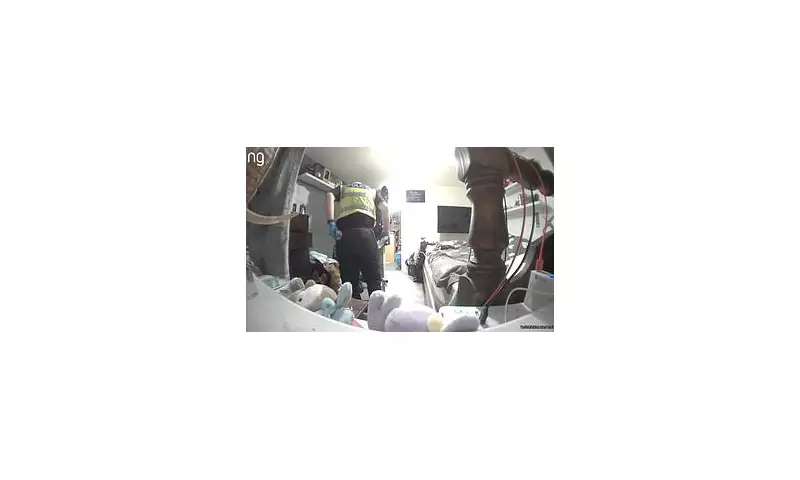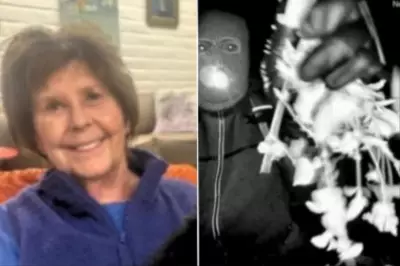
In a stunning breach of trust that has sent shockwaves through the Metropolitan Police, a serving officer has been convicted for stealing a woman's underwear from her own home while on duty.
PC Hussain Chehab, 22, was captured in damning body-worn video footage committing the intimate violation during what was supposed to be a welfare check in north London. The footage, described in court as "chilling," shows the officer lingering in the woman's bedroom before brazenly pocketing her personal property.
A Chilling Discovery
The victim's ordeal began when she realised her clothing was missing after the police visit. Disturbed and suspicious, she rightfully requested access to the officer's bodycam footage—a decision that would unveil a horrifying truth.
The video evidence left no room for doubt. It clearly showed PC Chehab entering her bedroom alone, handling her undergarments, and deliberately placing them into his trousers before exiting the property. The act was a gross violation of his position and the sanctity of a private home.
Justice Served, But Trust Shattered
At Highbury Corner Magistrates' Court, Chehab pleaded guilty to theft by an employee. He was subsequently handed a 14-week prison sentence, suspended for 12 months, and ordered to complete 180 hours of unpaid work. Most significantly, he has been ordered to sign the sex offenders register for seven years.
In a statement, Detective Chief Superintendent Caroline Haines expressed the force's collective shame, stating the officer's actions were a "betrayal of everything we stand for." She confirmed that accelerated misconduct proceedings are now underway, which are almost certain to result in his dismissal from the force.
A Wider Crisis of Confidence
This scandalous incident is not isolated. It emerges against a backdrop of intense scrutiny on the Metropolitan Police's standards and culture. The conviction of PC Chehab is a severe blow to public confidence, raising urgent questions about vetting procedures and the ethical standards of those entrusted with power.
It serves as a stark reminder of the vulnerability citizens can face and underscores the critical importance of accountability mechanisms, such as body-worn cameras, in exposing wrongdoing.





